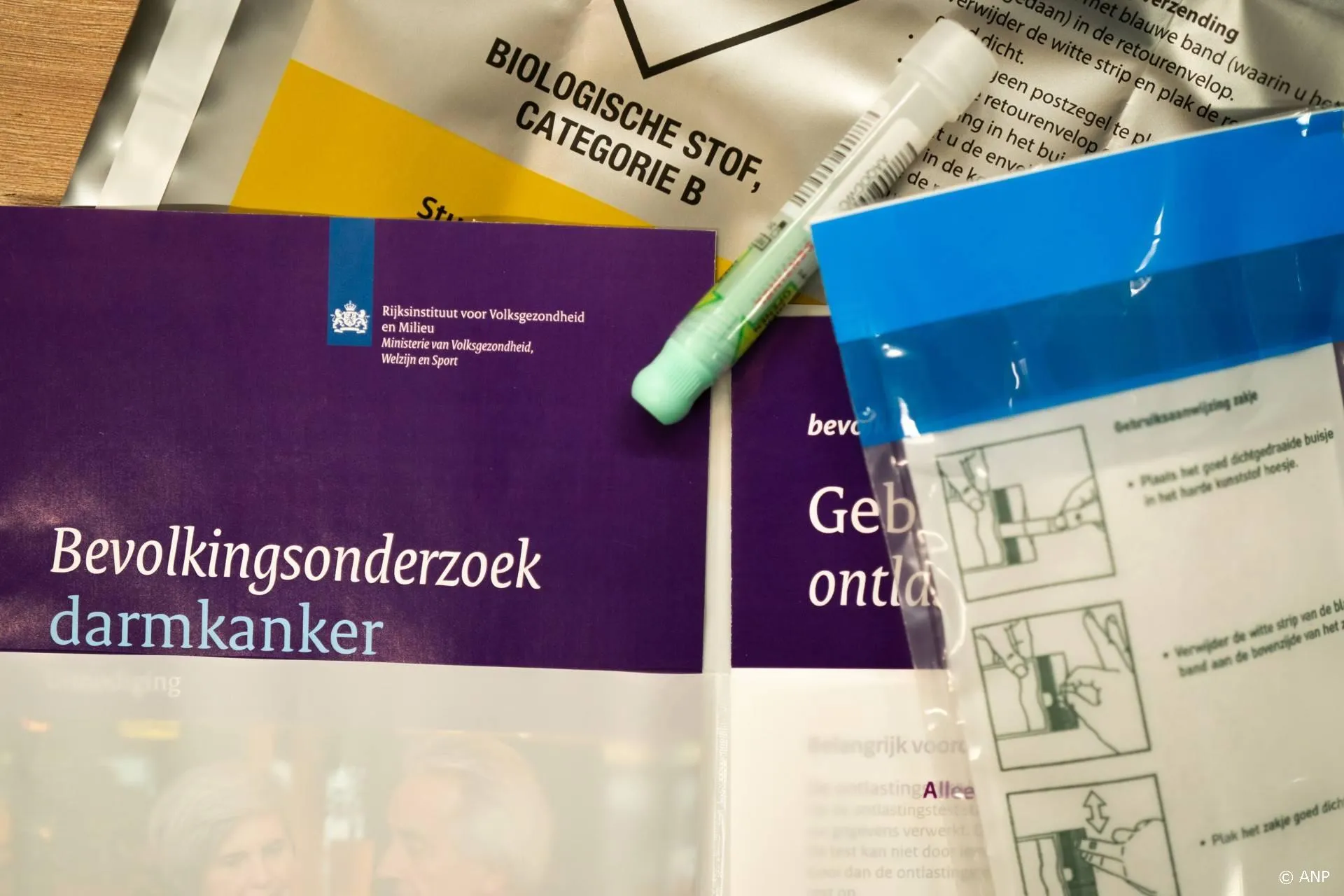Paul Krugman over biofuel
Niet doen!
Paul Krugman, econoom en Nobelprijswinnaar, is onder meer bekend vanwege het feit dat hij, in tegenstelling tot vele van zijn vakgenoten, altijd heeft gepleit voor Keynesiaanse stimulering. Het behoort daarmee tot het linkse kamp. De landen die dit recept hebben toegepast, zitten nu met de gebakken peren in de vorm van torenhoge staatsschulden, die als een molensteen om hun nek hangen. Dat Krugman desondanks de Nobelprijs voor de economie heeft gekregen is dan ook een raadsel. Een onderzoeksteam van de BIS (Bank of International Settlements) heeft eens een paar scenario's geschetst waarin de groei van de staatsschulden van een aantal landen werd geëxtrapoleerd. De uitkomsten van deze exercitie waren dermate onthutsend dat er nooit meer wat is vernomen. Zie hier.
Niettemin heeft Krugman ook wel verstandige denkbeelden ontwikkeld. Zo schreef hij in juni 2000:
[T]he C.R.S. [Congressional Research Service] thinks that the other half of the differential [of gas prices in Midwest compared to other areas] is due to local rules in corn-belt cities, which force refiners to meet new federal environmental regulations using ethanol rather than other, technically less demanding gasoline additives.
The use of ethanol the same stuff that gives beer its buzz as a fuel is one of those bad ideas that just wont go away. Back in the late-70?s ethanol produced from corn was promoted as the perfect answer to the energy crisis: it was renewable, it was domestic, and it was supposed to be less polluting.
A couple of decades and quite a few billion dollars in subsidies and tax breaks later it is clear that the fuels virtues were exaggerated. For one thing, modern farming is an energy-intensive business, and still more energy is needed to convert corn into ethanol. Put it all together and you have a product with no special virtue to recommend it, certainly no virtue that warrants a billion or so dollars a year in tax breaks and subsidies.
[P]erhaps this summer of discontent will have a good effect, by alerting the public to a large, ongoing, bipartisan example of really bad policy. [Bold added.]
The use of ethanol the same stuff that gives beer its buzz as a fuel is one of those bad ideas that just wont go away. Back in the late-70?s ethanol produced from corn was promoted as the perfect answer to the energy crisis: it was renewable, it was domestic, and it was supposed to be less polluting.
A couple of decades and quite a few billion dollars in subsidies and tax breaks later it is clear that the fuels virtues were exaggerated. For one thing, modern farming is an energy-intensive business, and still more energy is needed to convert corn into ethanol. Put it all together and you have a product with no special virtue to recommend it, certainly no virtue that warrants a billion or so dollars a year in tax breaks and subsidies.
[P]erhaps this summer of discontent will have a good effect, by alerting the public to a large, ongoing, bipartisan example of really bad policy. [Bold added.]
In een recente 'posting' herinnert het 'Institute for Energy Research' weer aan deze uitspraken van Krugman:
Federal policies promoting ethanol are inefficient at any time, but they are particularly harmful to consumers in the midst of a severe drought. The EPAs schedule of minimum targets for ethanol in the nations fuel mix, has caused some 40 percent of the nations corn harvest to be used for feeding vehicles, not people. Our analysis here is straightforward economics: Paul Krugman himself publicly called for an end to government ethanol support, over a decade ago, when the pressure on food prices wasnt nearly as intense and we echo his call today.
A recent report from Connecting the Dots (an investment publication distributed by Standard Research) shows the startling impact that federal ethanol mandates and subsidies have had on the agricultural sector. We reproduce (with permission) some of the most striking charts below:
A recent report from Connecting the Dots (an investment publication distributed by Standard Research) shows the startling impact that federal ethanol mandates and subsidies have had on the agricultural sector. We reproduce (with permission) some of the most striking charts below:
As Figure 2 shows [zie hieronder], the ethanol mandates (embedded in the Energy Acts of 2005 and 2007) had a significant impact on the decisions of American farmers. Because corn (destined for ethanol) absorbed a much larger fraction of the total acreage, it crowded out the farmland available for other crops. Thus, the ethanol mandate contributes to price spikes in wheat, soybeans, and other crops; this isnt simply an issue of corn.
The effects dont stop there. Because the price of corn is higher than it otherwise would be (since the mandate gives an artificial demand for corn-based ethanol), the price of cattle feed is driven higher, too. This puts pressure on cattle ranchers, which in turn causes spikes in the price of beef. A similar process occurs for poultry and swine. In short, the massive federal intervention in the corn market ends up rippling throughout the entire food sector.
The effects dont stop there. Because the price of corn is higher than it otherwise would be (since the mandate gives an artificial demand for corn-based ethanol), the price of cattle feed is driven higher, too. This puts pressure on cattle ranchers, which in turn causes spikes in the price of beef. A similar process occurs for poultry and swine. In short, the massive federal intervention in the corn market ends up rippling throughout the entire food sector.
Lee verder hier.
Waarom wordt het gebruik van bio-energie bevorderd? Dat gebeurt omdat het CO2-uitstoot zou besparen. Dat de productie ervan ook heel veel fossiele energie vergt, wordt vergeten. Waarom moet er CO2-emissie worden verminderd? Dat gebeurt om die verschrikkelijke opwarming van de aarde (onze schuld!) te voorkomen. Maar de aarde warmt al 10 -15 jaar niet meer op ondanks de stijging van de CO2-concentratie in de atmosfeer. Kennelijk is het klimaat dus niet zo gevoelig voor CO2. Maar dat kwartje is nog niet bij de beleidsmakers gevallen. Ondertussen maakt het klimaatbeleid meer kapot dat ons lief is.
Voor mijn eerdere DDS-bijdragen, zie:
Ga verder met lezen
Dit vind je misschien ook leuk
Laat mensen jouw mening weten
Lees ook
Loading


